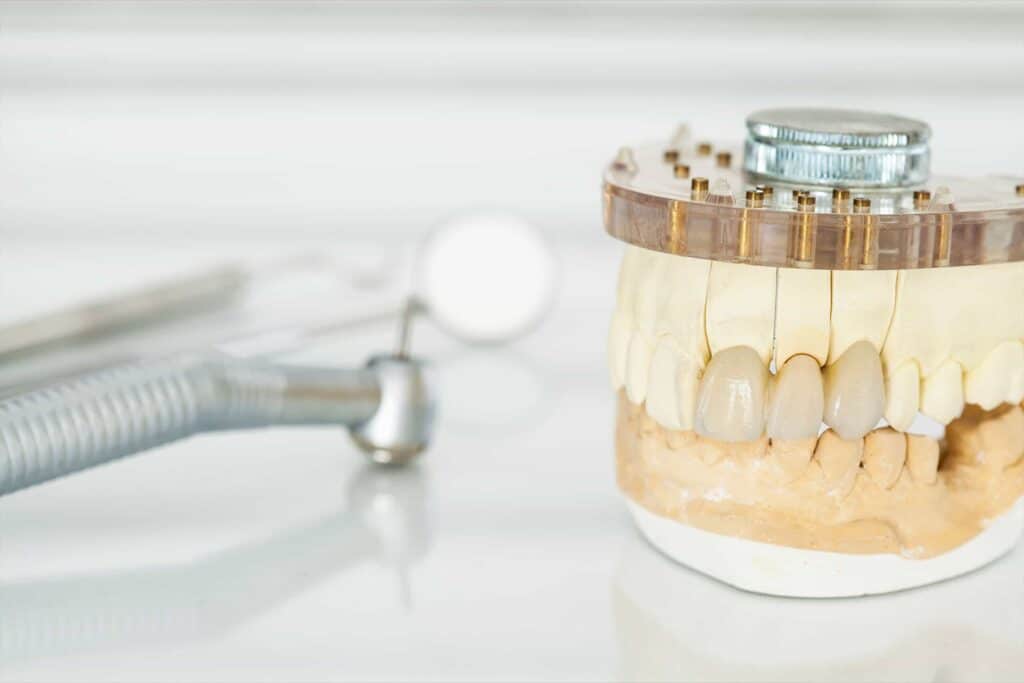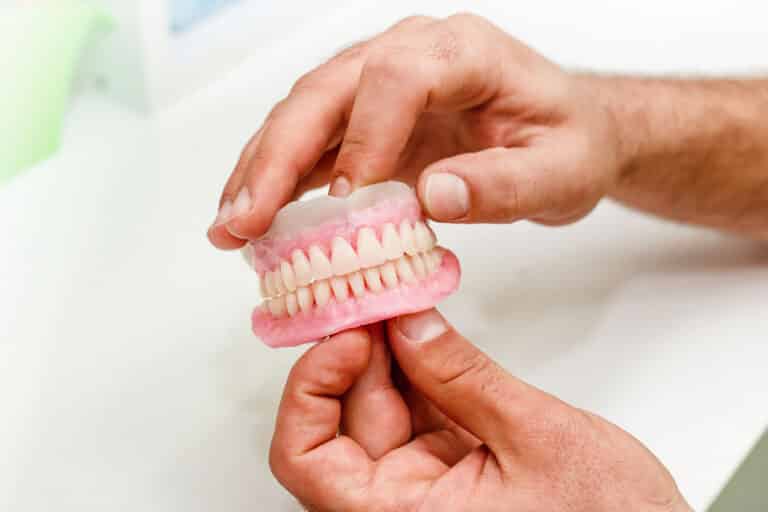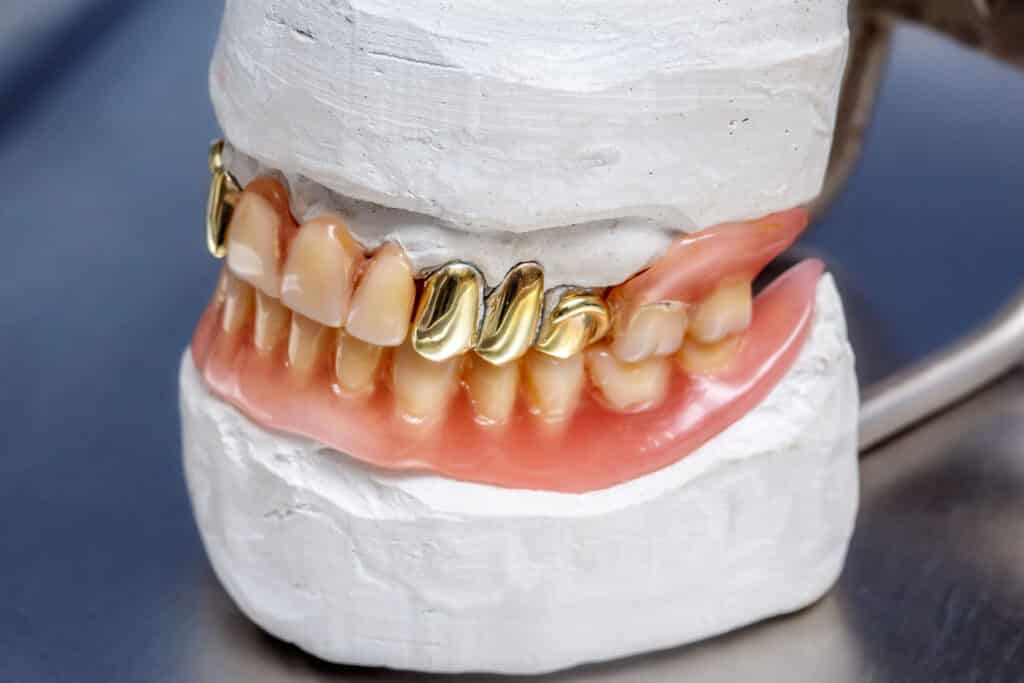Toothaches can be an extremely uncomfortable condition. They’re typically quite painful, debilitating, and sometimes, it can be challenging to discover the cause without the assistance of a professional.
If you develop a toothache, you must see your dentist as soon as possible, so they can tell you exactly what’s happening with your tooth. Once you have a diagnosis, you’ll have a plan moving forward.
What Causes A Toothache?
Toothaches can have several causes, so it’s important to know when your toothache began and any symptoms you’re experiencing. Toothaches can stem from the following:
- Tooth decay
- Trauma, such as a broken tooth or a tooth fracture
- An abscessed tooth
- Repetitive motion, such as consistent grinding of the teeth or chewing gum
- Damaged fillings
- Infected gums
- Referred pain from another source
- Iatrogenic from previous procedures
Many of these causes are apparent and well known, save the last cause. Iatrogenic pain means pain that results as a complication treatment or improperly completed treatment. While not on purpose, teeth can need additional treatment after routine work, which is a potential risk for dental treatment. If you’re experiencing a toothache after a dental procedure, iatrogenic issues could be the cause.
Keep in mind that other experiences can cause toothache, including flossing incorrectly, biting something too hard, braces, or getting food (or something else) stuck between the teeth.
Can A Toothache Cause A Headache?
Toothaches can absolutely lead to a headache. Muscle clenching and jaw tightening can result from the pain that comes from a toothache, resulting in a tension headache, which you can typically identify by a dull ache or throb.
Keep in mind that if you have any TMJ (temporomandibular joint) pain or issues, it can lead to a vicious cycle where the tooth pain can make the TMJ pain worse, leading to increased clenching and headaches and pain. If you also have jaw pain, seek the advice of a TMJ dentist.
Headaches resulting from a toothache can be incredibly irritating, adding a new pain to an existing one.
Can A Toothache Cause An Earache?
Toothaches can cause a few issues in the body, primarily the head area, which is why it’s crucial to take action in treating a toothache as soon as you can. An earache can come from a toothache when a tooth is infected or decaying.
The pain from the infection or decay can radiate through the jaw bone, and most people will feel that in the ear. You will likely feel ear pain from a toothache deep down in the ear, which can be an incredibly frustrating side effect. In some cases, ear pain will come along with a fever, a surefire sign of an infection in the tooth.
Additionally TMJ pain can also result in earaches, which can be difficult to identify and treat. Many people go on living their lives thinking this constant pain is normal until it becomes unbearable. If you have ear and jaw pain, a dentist may be able to help.
How Do I Stop A Toothache?
There are many ways to stop a toothache, but above all of them comes prevention. It’s imperative to floss and brush your teeth twice daily while continuing to attend your biannual dental checkups. When you see your dentist consistently, they’ll be able to help you address teeth damaging habits like grinding teeth that can lead to aching teeth.
Also, good oral hygiene can mitigate the effects of bacteria and plaque buildup that causes periodontal issues and gum disease. When it comes to toothaches, it’s all about prevention.
However, there are other ways to deal with toothache pain, as long as you clear them with your dentist. These include:
- Taking OTC painkillers
- Topical analgesic gel, such as Orajel
- An ice pack or cold compress
- Swishing with warm salt water
- Clove oil
- Peppermint tea
- OTC temporary filling material
How you treat your toothache depends heavily on what is causing the toothache. Visiting your dentist is a crucial component of relieving a toothache. Because toothaches can stem from serious underlying issues that need professional care (like gum disease), it’s vital to seek a diagnosis sooner rather than later.
Can I Treat A Toothache Naturally?
Some home remedies, such as warm saltwater rinse and peppermint tea, can help with mild gum infections. However, it’s not a good idea to take the natural route when unsure of the cause of your toothache. A diagnosis must be completed in order to be able to receive the proper treatment otherwise the remedies will not be effective.
If you get the clear to attempt natural remedies from your dentist, then it’s okay to proceed. They might even have some suggestions for you!
Understanding Your Toothache
In general, you can prevent toothaches with good oral hygiene, regular checkups, and properly protecting your teeth from trauma. Prevention is the key to keeping your mouth healthy in general, and preventing toothaches is a significant part of a healthy, happy mouth.
If you’re experiencing a toothache, you’ll want to contact your dentist as soon as possible to determine the cause. Many toothaches resolve relatively quickly, but that doesn’t mean they’re not painful! Instead of starting with home remedies, start with the waiting room. Identify the cause of your toothache and move forward with the proper treatment.





